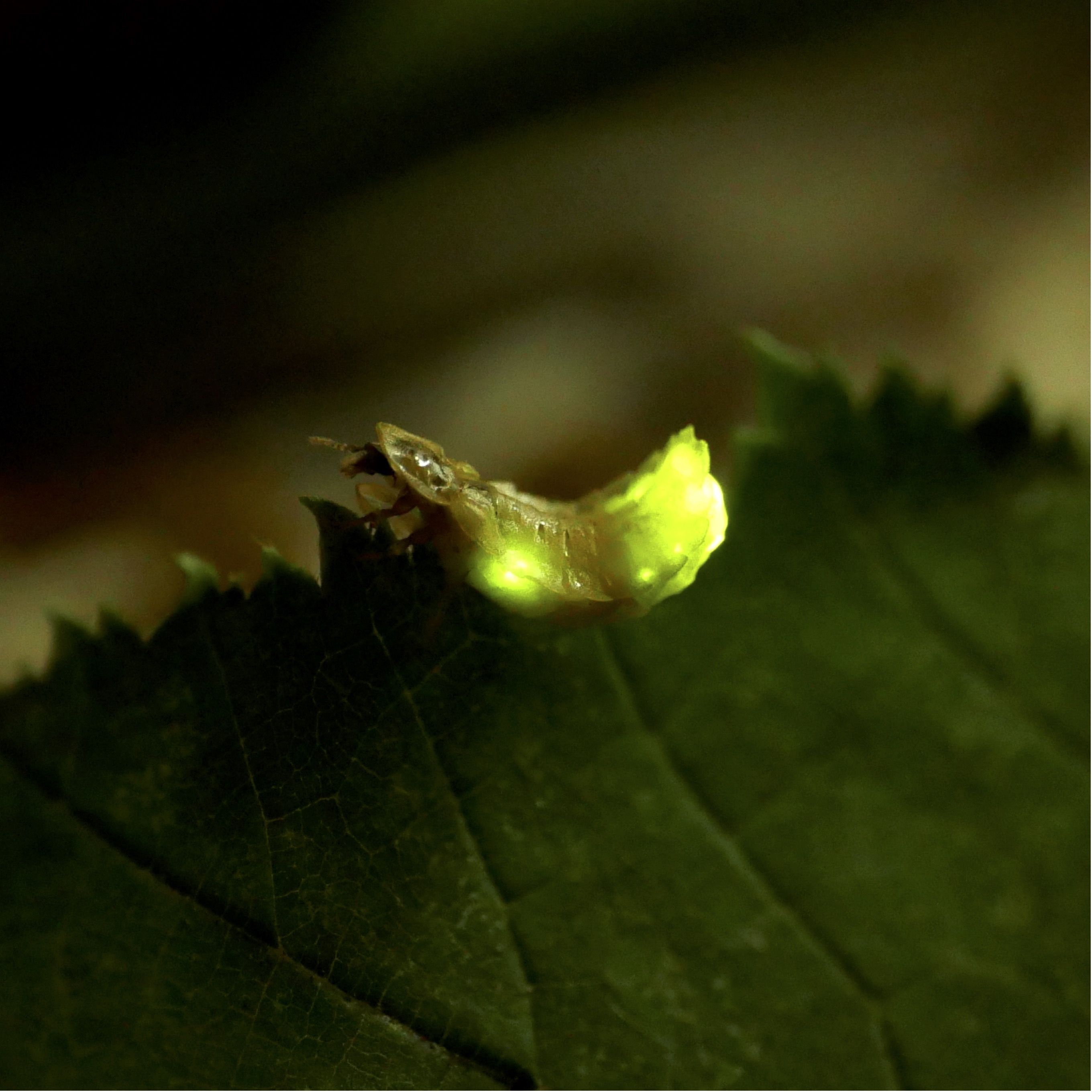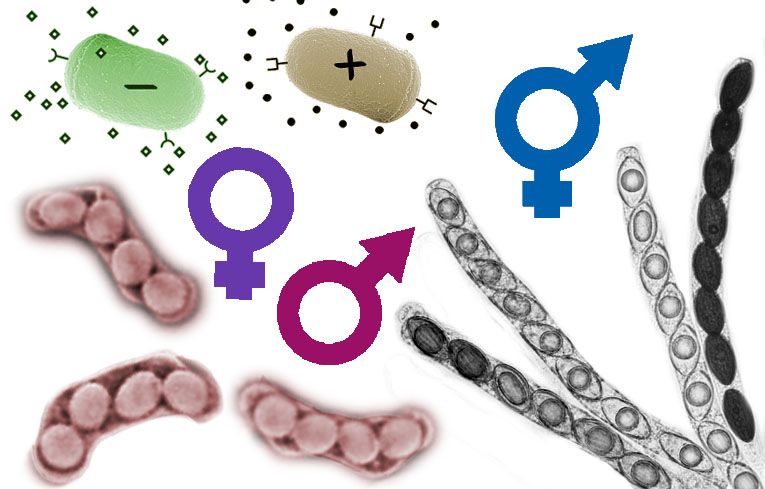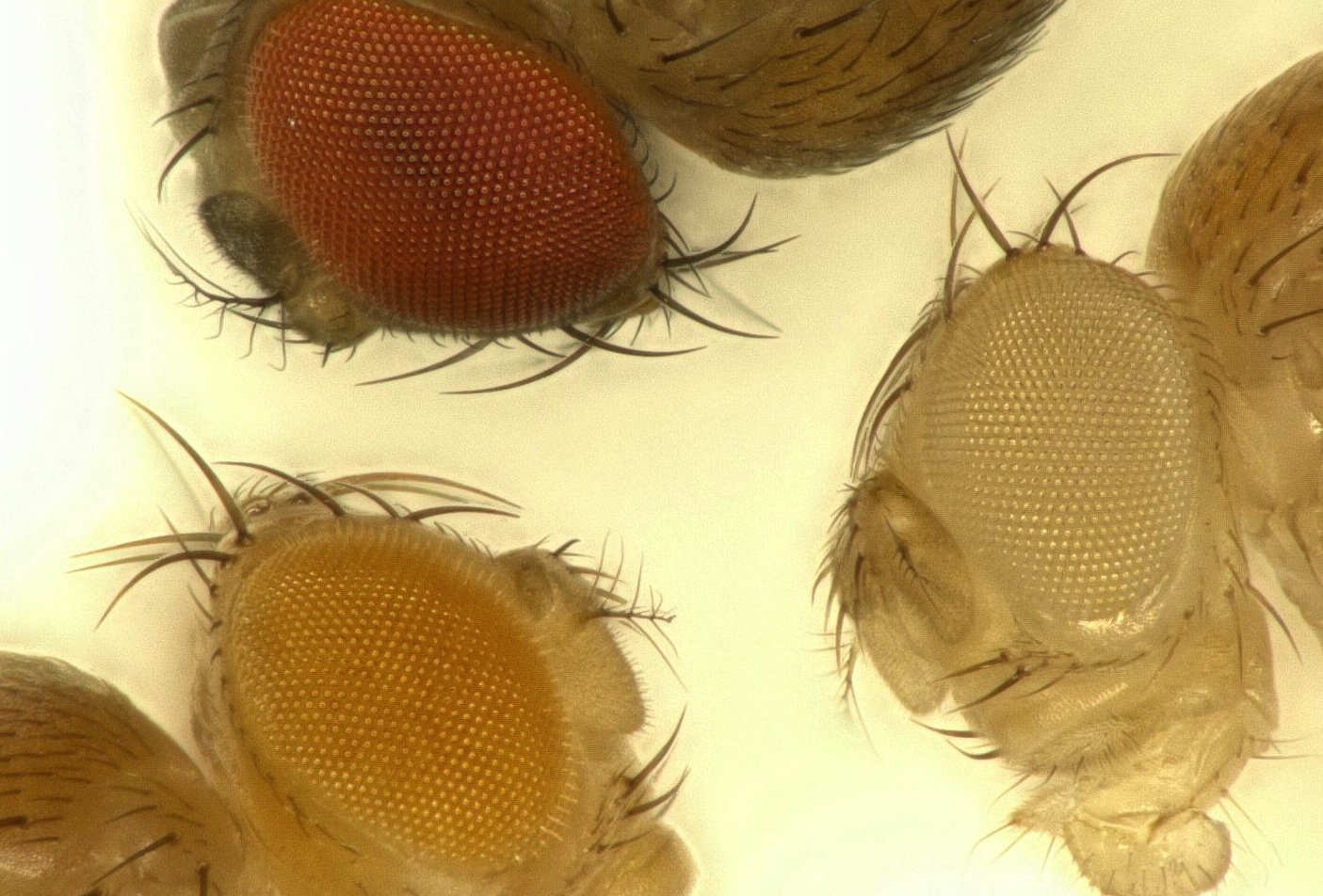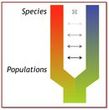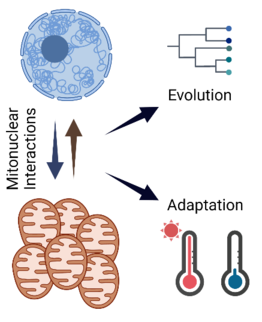Research Groups
-
Ana Catalán - Firefly genomics and transcriptomics
-
Sonja Grath - Molecular Evolution and Functional Bioinformatics
-
Richard Merrill - Behaviour and Speciation
-
Dirk Metzler - Statistical Genetics
-
Bart Nieuwenhuis - Evolution of sexual asymmetry
-
John Parsch - Evolutionary and Functional Genomics
-
Ricardo Pereira - Hybridization and Speciation
-
Andrea Pozzi - Mitonuclear Interaction Evolution
-
Jochen Wolf - Evolutionary Biology


